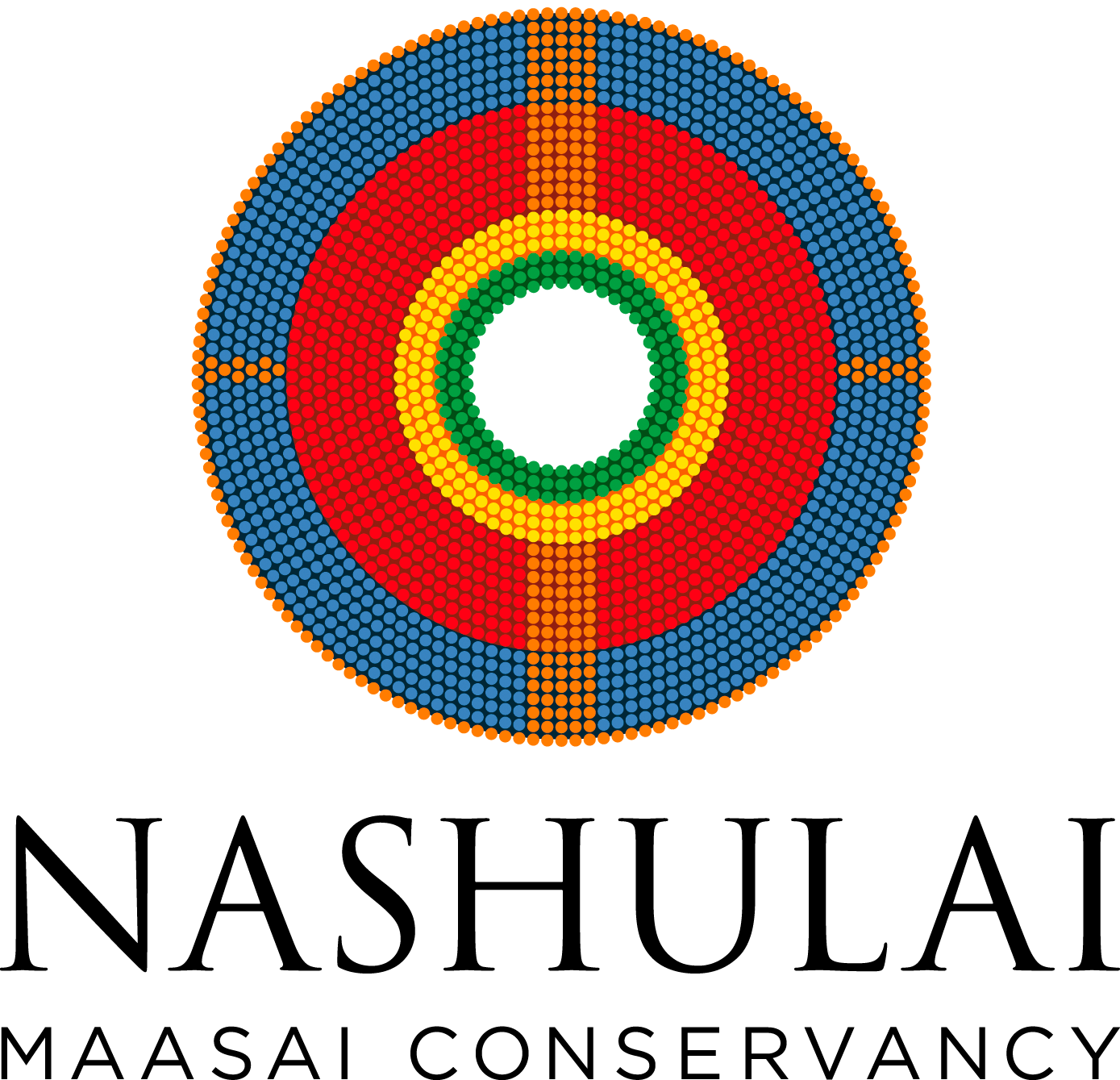“We are framing a new story of possibility. This is our hope for the Nashulai endeavour. That others will look to Nashulai and see a story not about the tragedy of the commons — but about the recovery of the commons. A regeneration story. The community members of Nashulai are ordinary folk. But they are actors in the fundamental narrative of our time. How do we rediscover a sustainable relationship between people and place? How do we do this in a way that draws the best out of us rather than the worst? So much is at stake now. And we are all part of the narrative.”
- Ric Young (Olomunyak), Co-Founder, Nashulai
While we’re proud to be the first Maasai owned and run conservancy in East Africa, Nashulai doesn’t exist in a vacuum. We’re linked to others concerned with the regeneration of our fragile environment and the loss of cultures.
Spreading Our Model Beyond Our Borders
Our Nashulai Cultural Training Institute welcomes and empowers youth from throughout East Africa to study Maasai-cultural based conservation management, scouting/guiding and community development; combined with leading-edge science and technology training.
The Nashulai Model Outreach Initiative. We’re so pleased that two neighbouring communities have recently established conservancies of their own, using the Nashulai Model, and the Institute has been providing guidance at their request. Nashulai is offering ranger and staff training to our neighbours, combining traditional Maasai knowledge with study of the latest in conservation management science.
The Nashulai Fellowship Program. We like to see Nashulai as a conservation hub not just for Maasailand but for the entire world. So we have commenced the Nashulai Fellowship Program. Over the next three years, Students and Conservation workers alike are invited to come to gain a first-hand education in the Nashulai Model. Through this mutually beneficial knowledge-exchange, Fellows can learn the benefits of mixed use conservation and of our holistic outlook, while Nashulai residents in turn learn from the Fellows’ academic and technical knowledge.
Together, our goal is to create place-based conservation strategies for the 21st century.
Preserving and Renewing Our Culture
Preserving culture is a key dimension of the Nashulai Model.
The Storytellers Project Netii Apa—the Stories Café--is being built as a place for the elders, for men, women and children, to gather to share, teach and record the fast disappearing songs, stories, Maa language, and ancestral wisdom. Through our Storytellers Project the songs and stories and of the elders of Nashulai and across Massailand, will be recorded, preserved, and passed down to the next generation.
Reconnecting With Maasai Culture. In addition to strengthening the culture of Maasilaind, we offer an opportunity for urban Maasi who grew up separated from their language, culture and homeland the opportunity to reconnect with it. At Nashulai these youth are educated in their songs, land, and traditions, providing the cultural empowerment to become the Maasai warriors of the 21st century.
Our Nashulai Women Empowerment Project runs workshops throughout Maasailand to educate Elders, men, women, girls, and boys, on the harmful effects of early child marriages, FGM, and the benefits of girl’s education and female economic empowerment. One drama we produced on the subject has reached 1.5 million listeners on Maa language radio.
Revitalizing the Entire Ecosystem
The entire ecosystem of the Serenghetti/Maasai Mara is interconnected. What happens at Nashulai affects the rest of Maasailand.
The Sekenani River Restoration Project Our Sekenani River flows into the Talek River and ultimately into the Mara River, which flows into Lake Victoria, the “source” of the Nile. With the Mara River running dry last year and threatening the entire ecology and economy of Maasailand, our Sekenani River Restoration Project is an urgent necessity that will lead to many health, ecological and economic benefits being felt downstream.
The White Mountain Conservation Initiative on Climate Change. On April. 24, 2019, hundreds of Maasai gathered at the foot of iconic Mount Kilimanjaro on the border of Kenya and Tanzania for The White Mountain Conservation Initiative on Climate Change, the biggest Maasai civil society gathering in our recent history! “White Mountain” encourages all Maasai to respond to the critical melting of Kilamanjaro’s glaciers—which is severely impacting not only Kenya and Tanzania but potentially all of East Africa—by working collectively to combat climate change and strengthen the ecosystem in Maasai lands. We are honoured that our Co-Founder Nelson Reiyia is the delegate for Narok County and that Nashulai is taking a leading role in our people’s response to one of the world’s greatest ecological threats. Our conservancy is also the designated hub of the White Mountain Initiative for all of Narok County.


